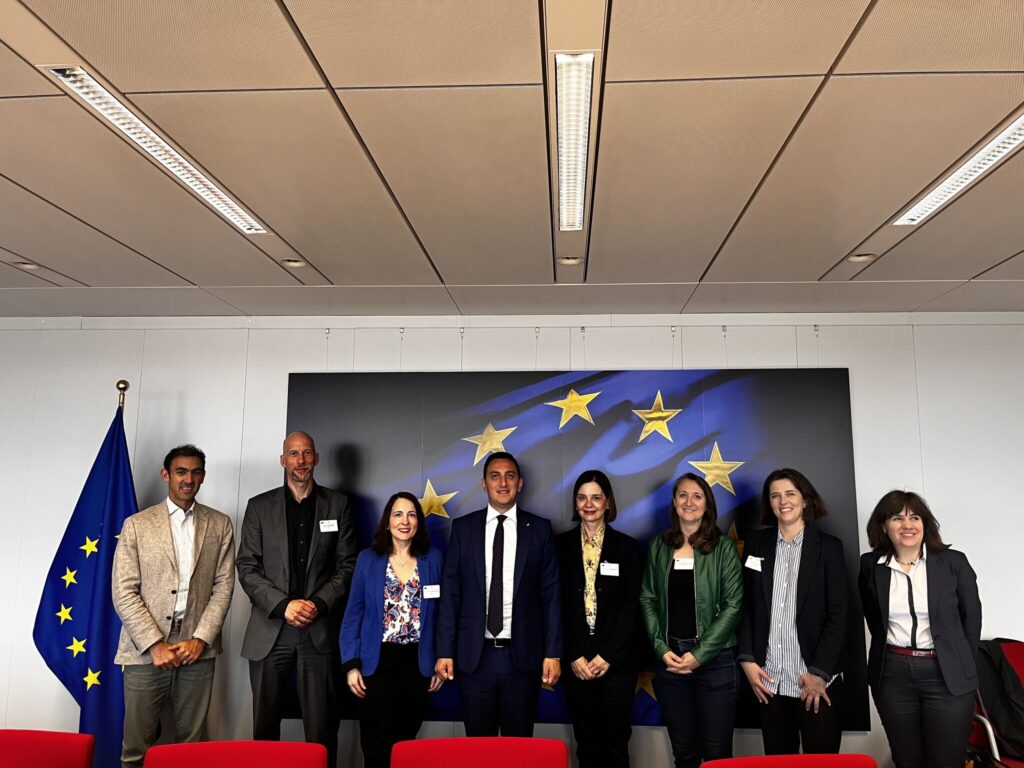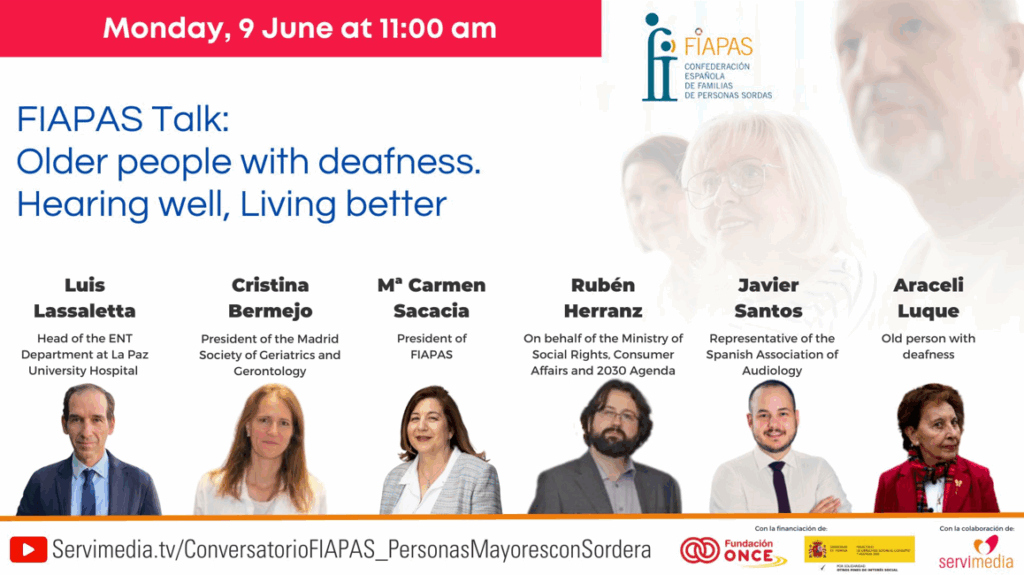In 2020 the European Expert Group on the Transition from Institutional to Community-based Care (EEG) contacted the European Commission to voice serious concerns about a large-scale institution for 100 residents with mental health issues in the city of Łódź, Poland. It was a clear example of EU funds being invested in an institutional care setting, something which the EU Regulations covering investments from this source outline as being de facto ineligible for funding. In August 2020, EEG Member ENIL, together with the Validity Foundation, filed a formal complaint.
Nearly a year on, the planned investment, known as “Wyjątkowy dom”, is still going ahead and there has been no substantive response to justify its continuation.
The EEG urges the Łódź Voivodeship Managing Authority to halt plans for the construction of this institution and, in the case where this does not happen, calls on the European Commission to suspend its funding and encourage investment in community-based services.
The EEG defines an institution as any residential care where:
• residents are isolated from the broader community and/or compelled to live together;
• residents do not have sufficient control over their lives and over decisions which affect them; and
• the requirements of the organisation itself tend to take precedence over the residents’ individual needs.
The three-story former school building being converted into a care home is not compatible with the right to live independently and be included in the community, as affirmed by the United Nations Convention on the Rights of Persons with Disabilities (CRPD), ratified both by Poland and the EU. Specifically, it represents an infringement of CRPD Article 19, as well as its General Comment 5 and the Charter of Fundamental Rights of the European Union.
While the project claims to aim at the “deinstitutionalisation of social services and care” – building a large-scale, congregated setting for persons coming from the whole region cannot be interpreted as deinstitutionalisation by any stretch of imagination. On the contrary, it contravenes the definition of a community-based service, and goes against the principles expressed in the EEG Common European Guidelines and Toolkit on the transition from institutional to community-based care.
Article 4(6) of the Common Provision Regulations (CPR) for the current funding period states that the European Social Fund (ESF) and the European Regional Development Fund (ERDF) have to be used in a manner which is compliant with the EU social inclusion policies and that ERDF should not be used to renovate or build new institutions.
This investment clearly fails to fulfil all the requirement above. It neither facilitates the rights of persons with support needs to choose where and with whom they live or to be included in the community, nor has the capacity to build support around each person’s individual requirements and preferences. The size of this setting alone raises alarm bells, clearly being an institution even in the most traditional sense of the term.
Beyond the infringement on the right to live independently and being included in the community, we also saw during the COVID-19 pandemic the tragic consequences of congregated living conditions. We therefore ask the Managing Authorities in Poland and the European Commission to look into this matter and take the necessary steps to ensure that the funding is redirected towards independent living, community-based and person-centred support, in compliance with the CRPD, the Charter of Fundamental Rights of the European Union and the CPR. Instead of the construction and extension of institutional settings, it is necessary to develop a range of services at community level, as well as to support personal assistance schemes.
About the EEG
The European Expert Group on the Transition from Institutional to Community-based Care (EEG) is a broad coalition gathering stakeholders representing people with care or support needs and their families, including children, people with disabilities, homeless people, and people experiencing mental health problems; as well as service providers, public authorities and UNICEF.
Contact: coordinator@deinstitutionalisation.com
The Statement is available in pdf here.





